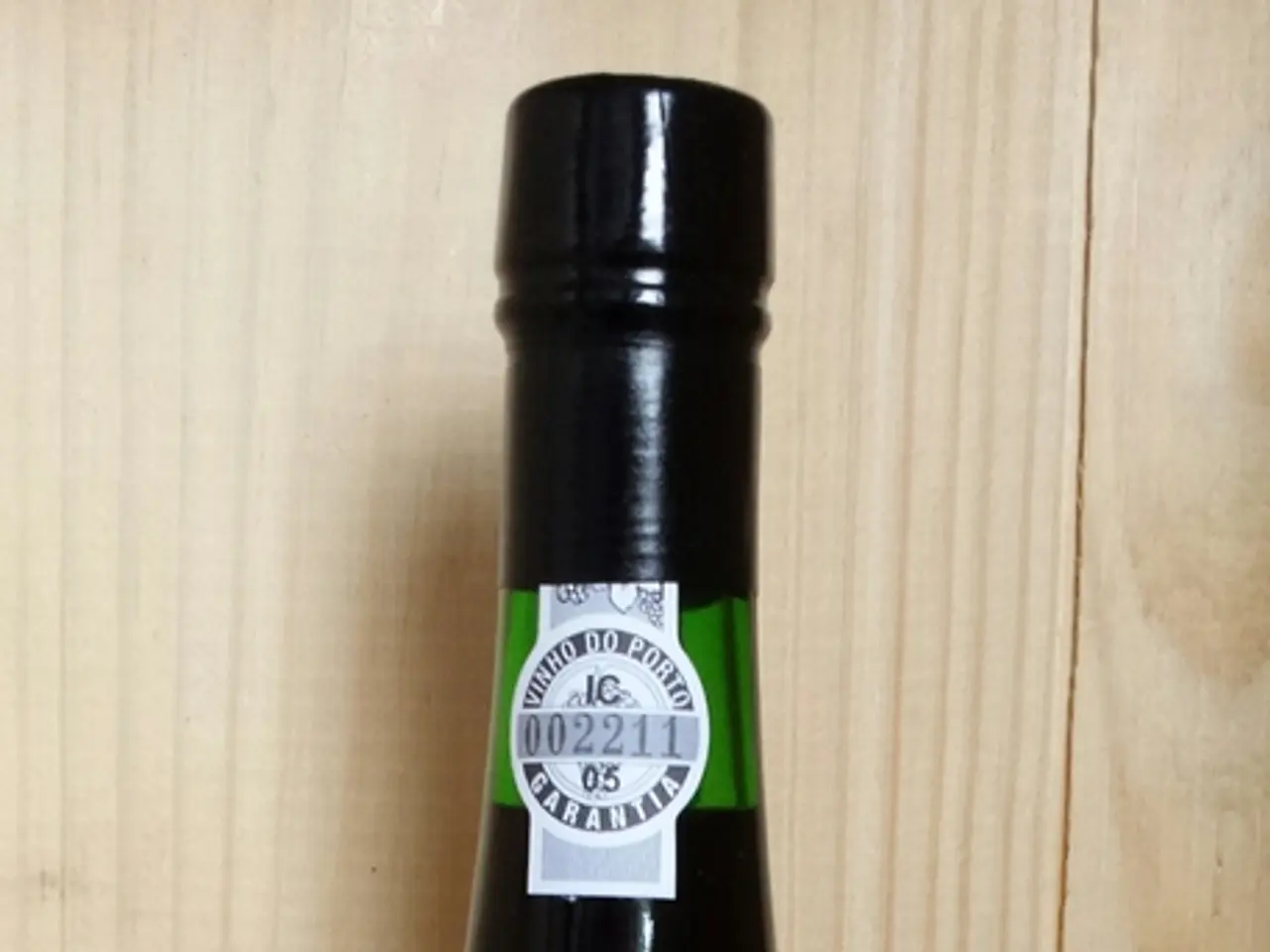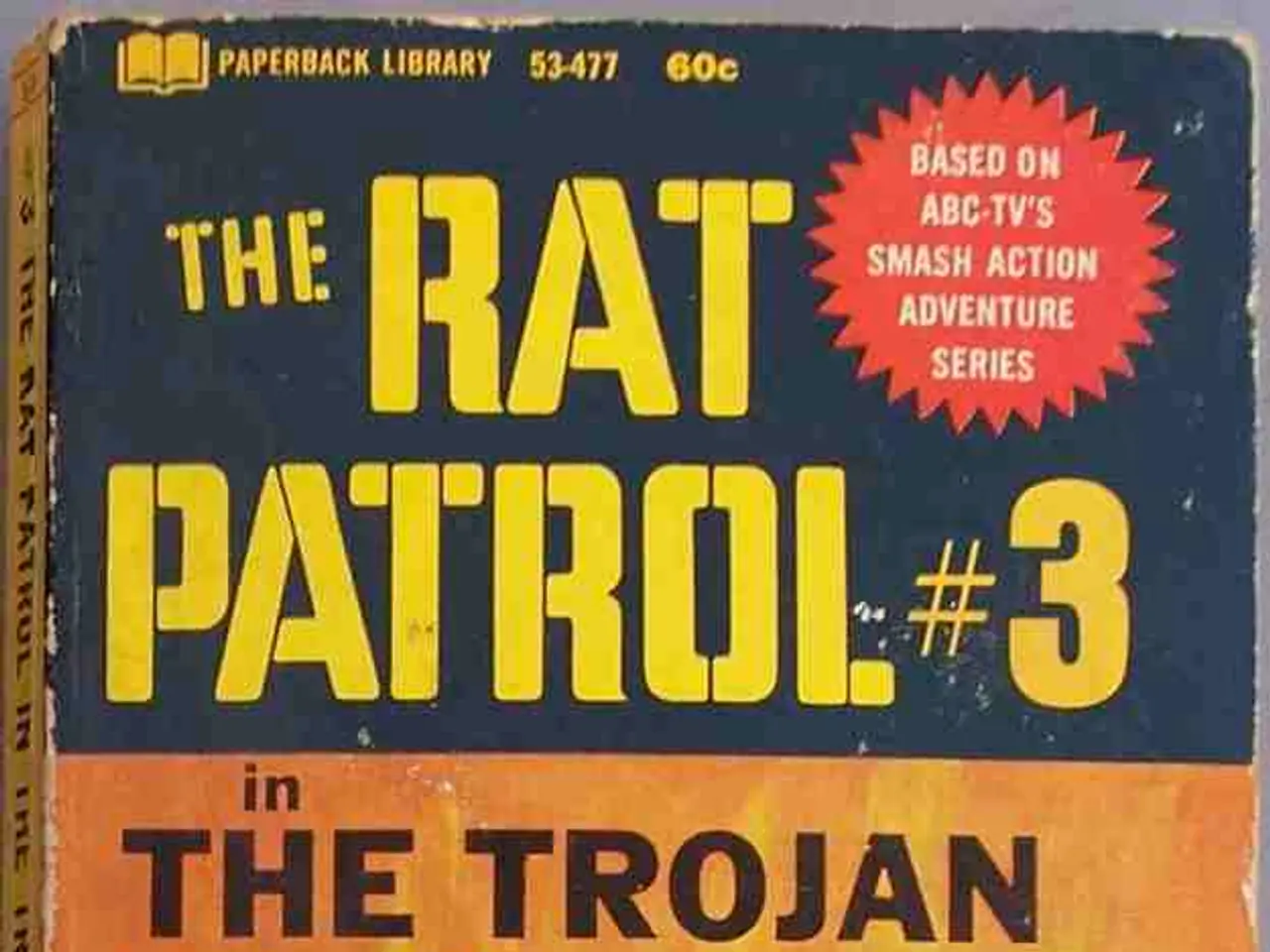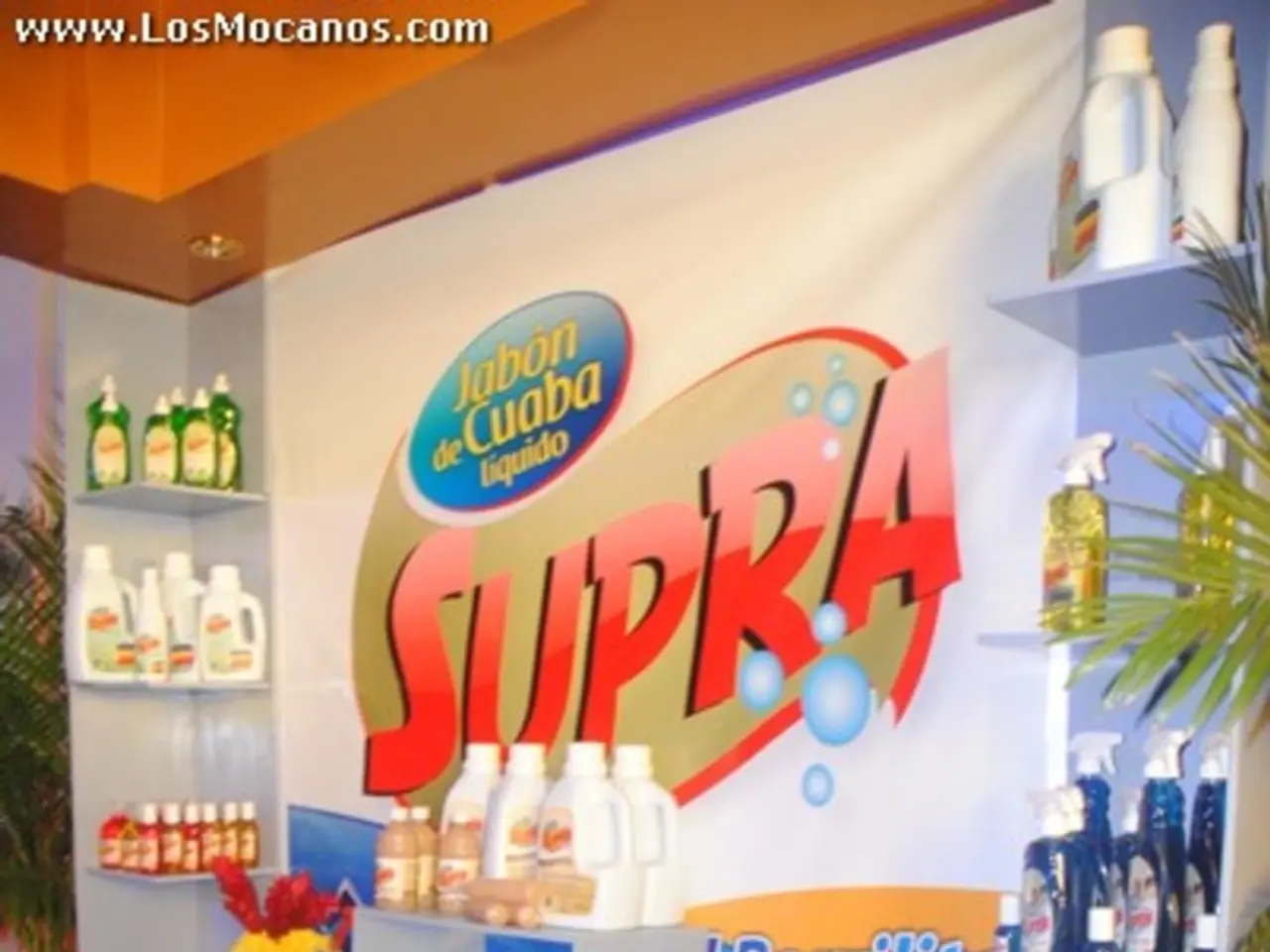Blockchain Technology Implemented by Naija Liquor to Counterfeit Alcohol Issue
In an effort to uphold consumer safety and rebuild trust in the wine and spirits industry, Naija Liquor has developed a groundbreaking solution: the Liquor Authenticator. This innovative technology is set to be released publicly in the near future, following over 18 months of development in collaboration with local and international partners.
The Liquor Authenticator does not rely on QR codes, instead utilising proprietary scanning technology to analyse the molecular contents of each bottle, ensuring the authenticity of wines and spirits. To enhance transparency and trust throughout the supply chain, Naija Liquor has integrated blockchain technology, creating a tamper-proof ledger that records every transaction and movement of the product from production through distribution to the end consumer.
The Liquor Authenticator works by affixing uniquely numbered holographic labels or tags that are difficult to replicate, making counterfeit products easier to identify visually. These holograms, managed by a central authority, prevent duplication and improper use, thereby safeguarding authenticity through physical anti-counterfeiting measures. The immutable blockchain records prevent fraudulent alterations or substitutions during supply chain transfer, effectively complementing the physical hologram authentication.
Naija Liquor's mission is clear: to guarantee product quality and authenticity, and to ensure that only genuine products reach the market. To this end, the company provides advisory support to manufacturers and suppliers, recommending best practices for supply chain optimisation.
The rollout strategy for the Liquor Authenticator includes enabling external parties to manufacture the scanner, allowing wholesalers, retailers, and institutional buyers to test their inventory for authenticity before sale. Naija Liquor has also launched public education initiatives to raise awareness of fake alcohol, using social media campaigns and blog content.
Distributors in Nigeria are being introduced to technology that allows them to trace the movement of alcoholic products from wholesale suppliers to retail points. Securing the supply chain, according to Naija Liquor, requires a combination of technological innovation and operational vigilance. The company continues to collaborate with producers and distributors to tighten control mechanisms across the supply chain.
In addition, Naija Liquor offers prompt service and secure transactions as part of its commitment to customer satisfaction. Feedback from users who have successfully identified and reported fake products is used to fine-tune these educational efforts.
By combining advanced authentication tools with blockchain-enabled traceability and comprehensive education, Naija Liquor is positioning itself at the forefront of Nigeria's efforts to uphold consumer safety and combat counterfeit alcoholic products.
[1] Source: Naija Liquor press release, [date]
The Liquor Authenticator, developed by Naija Liquor, integrates technology in both the physical and digital realms to provide a comprehensive solution against counterfeit wines and spirits. This innovative system, which utilizes proprietary scanning technology, blockchain, and unique holographic labels, aims to enhance business transparency in the finance sector of the wine and spirits industry.
Naija Liquor's initiative to combat counterfeit products not only protects consumer safety but also rebuilds trust through a combination of technological advancements and operational vigilance, making a significant impact on the overall business landscape.




